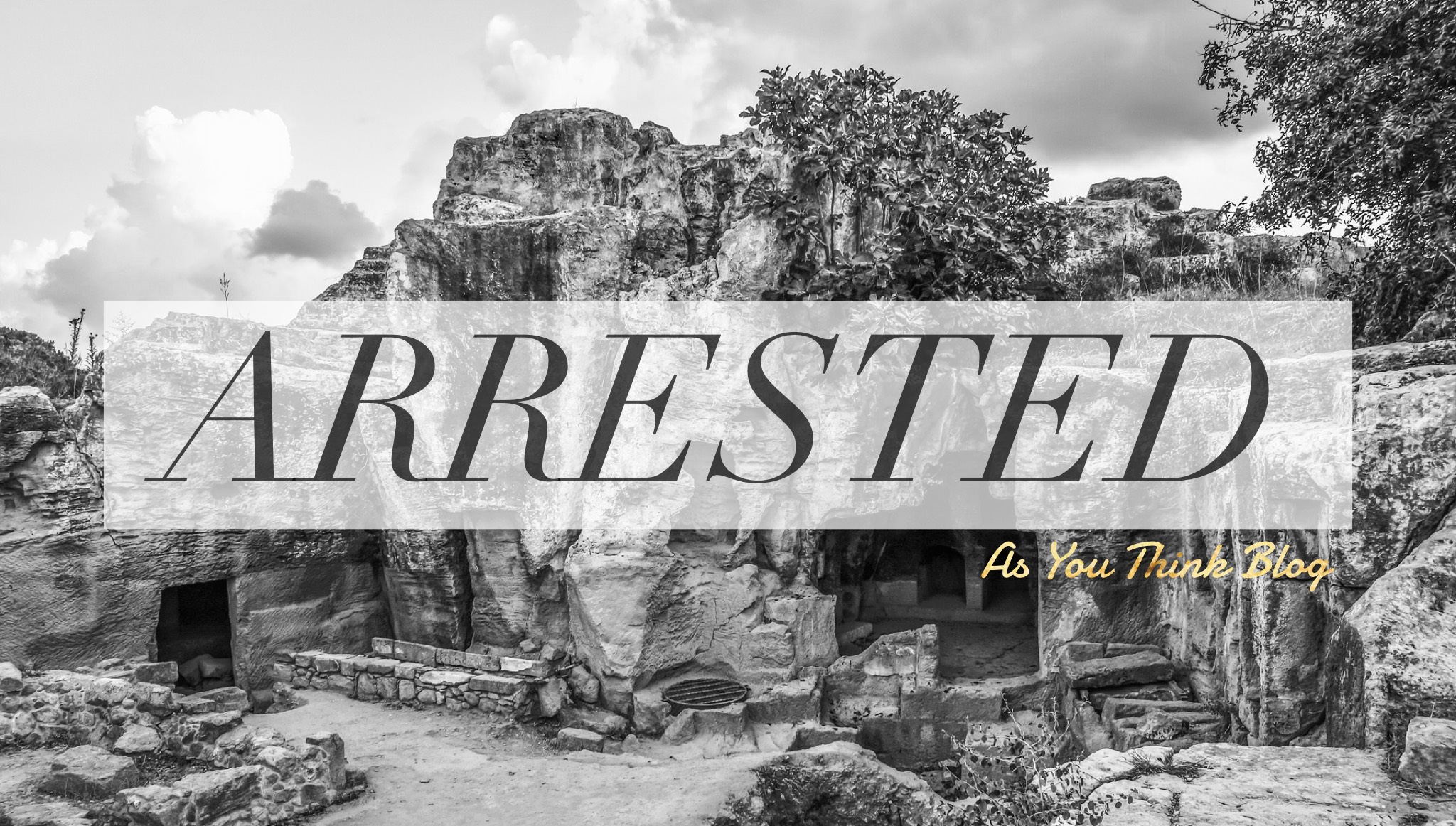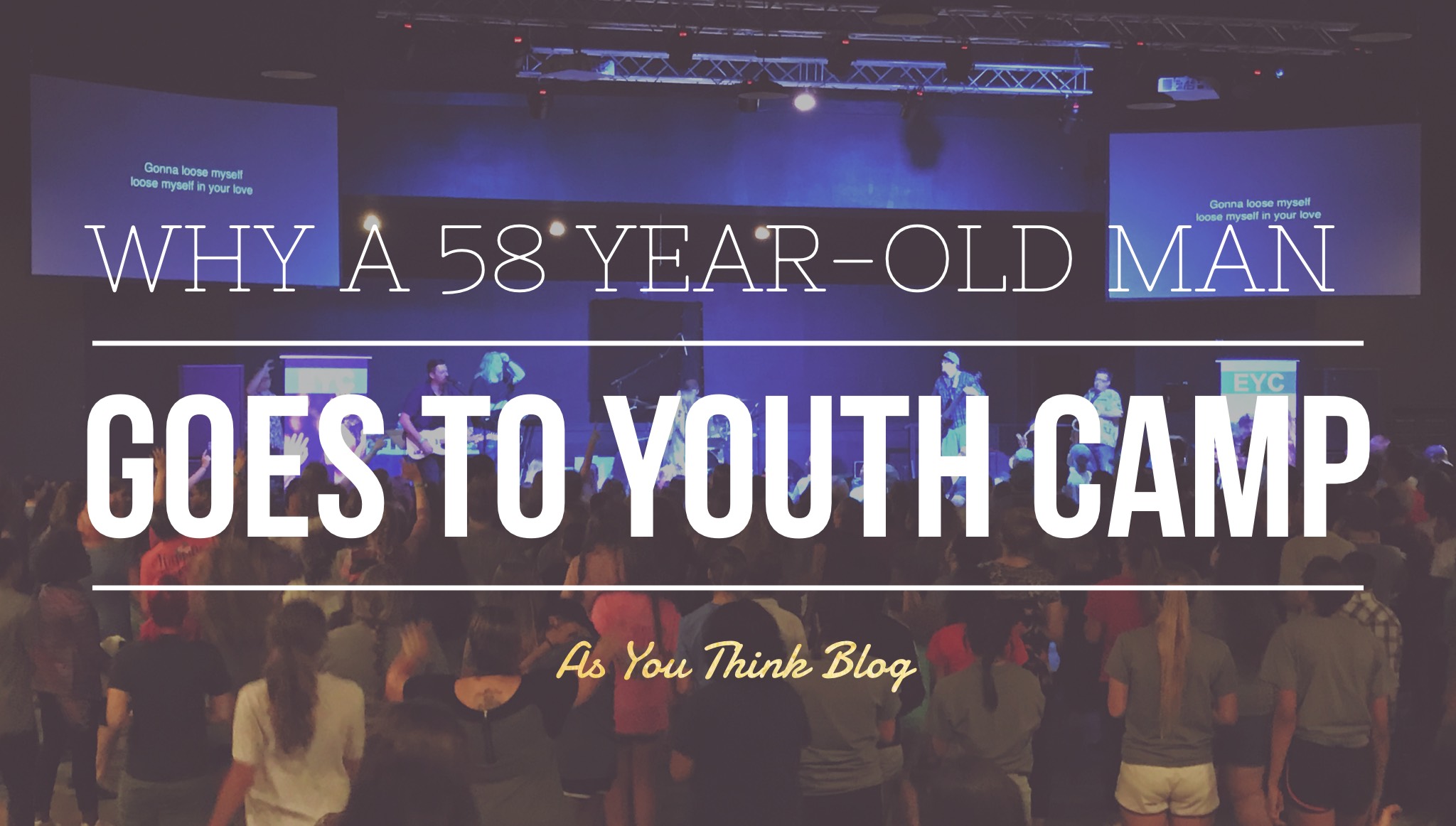 The local news coverage on television was non-stop 24/7 for at least five or six days. The live images displayed on the screen were almost beyond belief as we watched the flood waters rise to levels not seen in our area in several hundred years. The effects of Hurricane Harvey took a devastating toll as hundreds and probably thousands of homes filled up with water causing multitudes to lose all that they owned, even human life itself.
The local news coverage on television was non-stop 24/7 for at least five or six days. The live images displayed on the screen were almost beyond belief as we watched the flood waters rise to levels not seen in our area in several hundred years. The effects of Hurricane Harvey took a devastating toll as hundreds and probably thousands of homes filled up with water causing multitudes to lose all that they owned, even human life itself.
It is not uncommon for a disaster of this magnitude to be given so much airtime. Remember 9-11? The difference was the constant display of the community’s response to this disaster. From first-responders (police, fireman, paramedics, coast guard, etc.) to ordinary citizens and neighbors putting their own boats in the water, it was a rescue effort unlike anything I have seen. It was a shining example of how good overcomes evil. Hurricanes are evil. No, they are not sent by God to punish people. My father is not like that! But the purpose of this article is not to discuss the origin of storms.
As I watched this event transpire, this thought came to me – we are all first-responders. Then, I heard these words in my spirit – “What is your first response to evil?” As I pondered the question I thought of Jesus’ response when the disciples reported to Him that the Samaritan village they had gone into to prepare for His arrival had rejected Him. James and John said, “Lord, do you want us to command fire to come down from heaven and consume them as Elijah did?” Jesus rebuked them, “You do not know what manner of spirit you are of. For the Son of Man did not come to destroy men’s lives but to save them.”
We humans have been designed to respond. We respond to touch, pain, words, injustice, love and hate. If you are like me, you can think of certain situations where you responded to a word, an action, or an accusation in a way that you’ve later regretted because it only made the situation worse or caused pain to someone. We are faced with situations daily that generate responses from us, be they good or bad. In a culture where the news media, social media, and the entertainment industry all vie for our attention in an effort to draw some sort of response from us, it would be most beneficial to us and those around us if we could train ourselves to respond correctly.
Good has been under assault from evil since the beginning of mankind’s existence on this earth. God, whose ways are higher than our ways, has shown us the way to overcome evil. He has shown us how through The Way, His Son, Jesus Christ. We cannot overcome evil with evil. It can only be overcome with good. Apostle Paul gives us this admonishment in Romans 12:17-21 –
Repay no one evil for evil. Have regard for good things in the sight of all men. If it is possible, as much as depends on you, live peaceably with all men. Beloved, do not avenge yourselves, but rather give place to wrath; for it is written, “Vengeance is Mine, I will repay,” says the Lord. Therefore, “If your enemy is hungry, feed him; If he is thirsty, give him a drink; For in so doing you will heap coals of fire on his head.” Do not be overcome with evil, but overcome evil with good.
The reference to coals of fire is a quote from Proverbs 25:22. In the Bible Knowledge Commentary on Proverbs it says this:
“Sometimes a person’s fire went out and he needed to borrow some live coals to restart his fire. Giving a person coals to carry home ‘on his head’ was a neighborly, kind act; it made friends, not enemies.”
It makes absolutely no sense to my natural mind to give something beneficial to my enemy, but I’ve been given the mind of Christ, the same Christ who told us, “Love your enemies, bless those who curse you, do good to those who hate you, and pray for those who spitefully use you and persecute you, that you may be sons of your Father in heaven; for He makes His sun rise on the evil and on the good, and sends rain on the just and on the unjust.” (Matthew 5:43-45) Why does he tell us to do these things? So that we may be sons of our Father.
Every time we respond to evil in the opposite spirit, we are participating in something redemptive. I can think of so many instances in everyday life, whether they were in the workplace, the neighborhood, the interstate highway, and even in church, where I chose to respond in the opposite spirit. Whether it was responding calmly to someone who was agitated, or choosing to speak a word of blessing in the face of accusation, each time I did, the chaos was quelled. I can also recall times where I didn’t respond in the spirit of Christ and lived to regret them.
Jesus showed us what this lifestyle of redemptive response looks like through His life, but even more so in His death. For it was in the face of the greatest demonstration of hate the world has ever seen that he uttered these well known yet mysterious words from the cross, “Father, forgive them, for they know not what they do.” It was the ultimate act of self-giving love. It was good overcoming evil. A revolution began that day. It is not a revolution of force, war, violence, revenge, or the strength and cunning of men. It is a revolution of laying down one’s life for others. From the cross, The son of God asks us the question, “Sons, what will your response be to evil? We represent the Father best when we love in the face of hate, give in the face of destruction, and offer hope in the midst of despair.
In closing, I would like to leave you with a daily prayer that has had a huge impact on me since the beginning of the year:
Prayer of St. Francis of Assisi
Lord, make me an instrument of your peace.
Where there is hatred, let me sow love;
Where there is injury, pardon;
Where there is doubt, faith;
Where there is despair, hope;
Where there is darkness, light;
And where there is sadness, joy,
O’ Divine Master, grant that I may not so much seek to be consoled as to console;
To be understood as to understand;
To be loved as to love.
For it is in giving that we receive;
It is in pardoning that we are pardoned;
And it is in dying that we are born to eternal life.
Amen.
 Over in one of the corners of my mom’s house sits a grandfather clock. She had had it since 1980. If you asked me if I like the clock I would have to say yes and no. “No” because the chiming that takes place every quarter hour simply annoys me. I don’t know why, it just does. “Yes” because there has always been something mesmerizing about watching the pendulum swing back and forth.
Over in one of the corners of my mom’s house sits a grandfather clock. She had had it since 1980. If you asked me if I like the clock I would have to say yes and no. “No” because the chiming that takes place every quarter hour simply annoys me. I don’t know why, it just does. “Yes” because there has always been something mesmerizing about watching the pendulum swing back and forth.


















